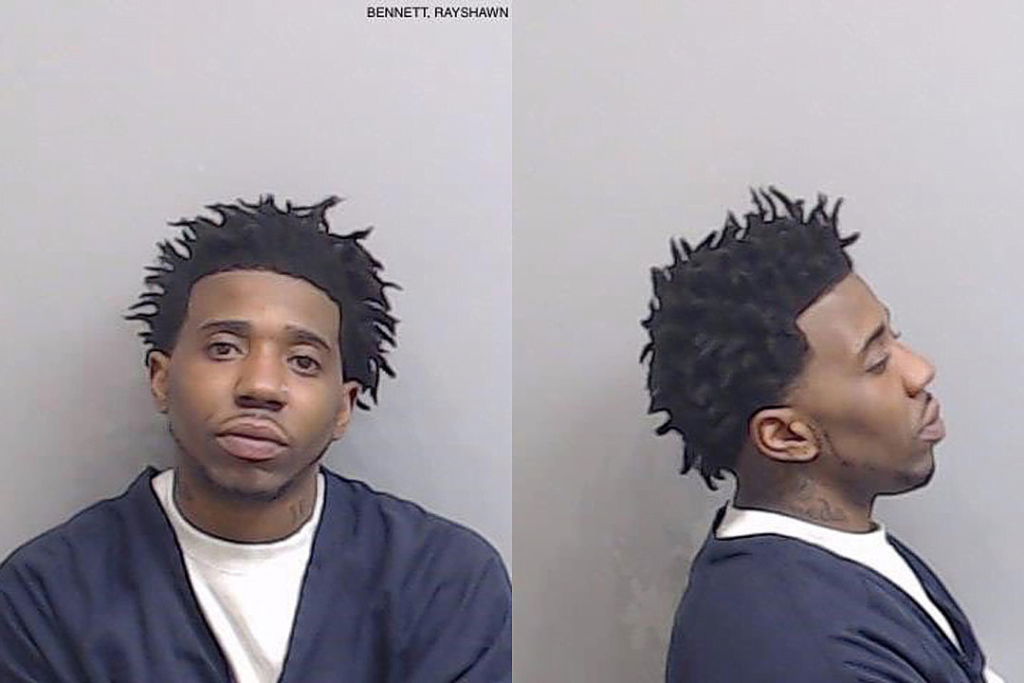
In a swift response to swirling rumors and misinformation, the attorney for Atlanta-based rapper YFN Lucci has definitively stated that his client is very much alive, putting to rest a viral social media hoax that had fans and the hip-hop community in a state of confusion and concern.
YFN Lucci, whose real name is Rayshawn Bennett, has been incarcerated since 2021 on charges related to a December 2020 shooting in Atlanta. The 32-year-old rapper’s legal troubles have kept him in the spotlight, but recent false reports of his demise spread rapidly across various social media platforms, causing alarm among his supporters.

The hoax appears to have originated from unverified social media accounts and quickly gained traction, with many users sharing and commenting on the false information without fact-checking. This incident highlights the speed at which misinformation can spread in the digital age and the importance of verifying news from reliable sources.
YFN Lucci’s attorney, Drew Findling, promptly addressed the rumors, stating to reputable news outlets that his client is alive and well. Findling expressed frustration with the spread of false information and emphasized the negative impact such hoaxes can have on the rapper’s family, friends, and fans.
This is not the first time a celebrity has been the subject of a death hoax, but the circumstances surrounding YFN Lucci’s incarceration made the false reports particularly unsettling for many. The rapper has been dealing with serious legal issues, including charges of felony murder, aggravated assault, and participation in criminal street gang activity.
As the legal process continues, YFN Lucci’s team has been working on his defense and maintaining communication with his fanbase. The rapper, known for hits like “Everyday We Lit” and “Key to the Streets,” has continued to have a presence in the music industry despite his legal troubles, with previously recorded music being released periodically.
This incident serves as a reminder of the responsibility social media users bear in sharing information and the potential consequences of spreading unverified news. It also underscores the challenges faced by public figures and their representatives in managing their public image and combating misinformation in the digital era.




